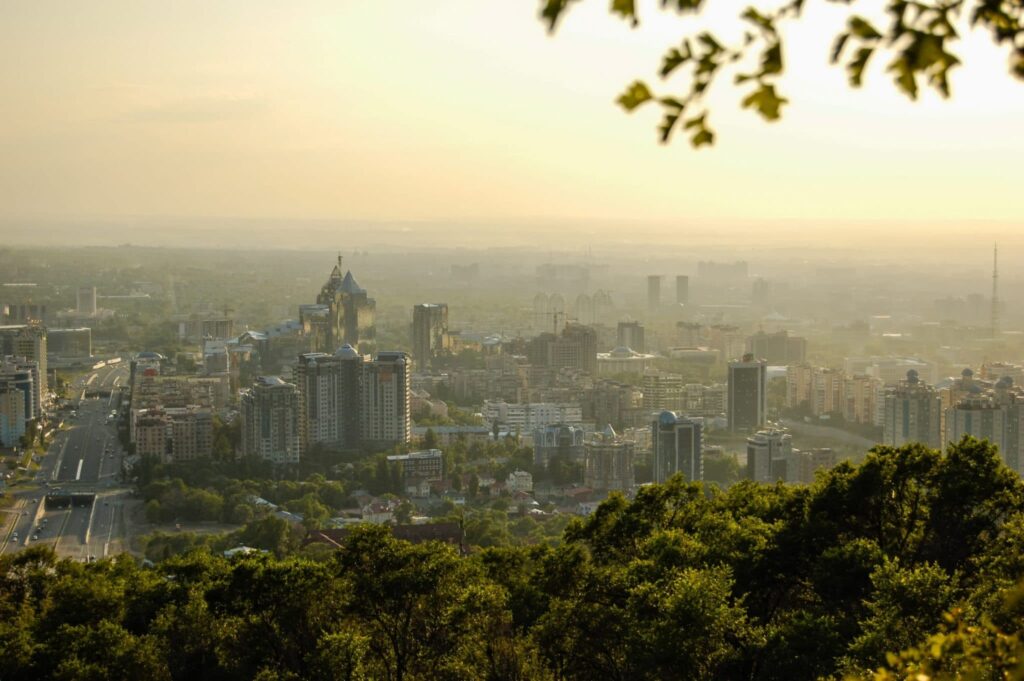Although Sub-Saharan Africa remains one of the least urbanised regions in the globe, it has some of the highest urbanisation rates, coupled with all the complexity and challenges this represents. Urban centers play an essential part managing the rapid upsurge and in sustaining economic growth, they are incubators of polarising connotations, where innovative socioeconomic breakthroughs can emerge, as well as deteriorating social and economic recession. Such is the case of Kampala, which is one of the fastest growing cities in the world. This rapid urbanisation has presented substantial organisational, social, economic, environmental and physical challenges that need to be addressed in an integrated and holistic manner. Development in Kampala is happening before formal planning, wide-spreading informality, however, there is still great potential to be found in the ingenuity of its people. In this issue of IGLUS Quarterly, we look at the development of Kampala from different lenses, exploring the status quo and a variety of approaches including existing strategies to innovative proposals highlighting the potential for sustainable
In the first paper, Fredrick Omolo Okalebo presents an overview of past and present realities of urban planning, which being a political instrument for efficient land use, represents the subsequent urban forms in formal and informal practices. Given its ill-conceived organisation and management, urban planning continues to ignore critical factors of Kampala’s realty, particularly social issues such as informality.
The second paper, by Astrid R.N. Haas, explains the need for financing instruments to facilitate the necessary infrastructure for a rapidly growing city in order to deliver an ideal atmosphere for
economic growth. The paper provides an insight into the history of infrastructure financing schemes, the evolution in African cities and the importance of designing an innovative tailormade solution for each city’s specific context.
In the next paper, Patrick Musoke discusses the importance of implementing and managing the Greater Kampala Economic Development Strategy of the (NDPII) in an altruistic and adaptive manner, to address many of the urban challenges, including informality, and to foster Kampala’s productivity and competitiveness, thereby creating jobs and promoting economic growth.
The final paper, by Stephen Mukiibi, offers an overview of slums and the causality behind them while reflecting on the situation in Kampala. The paper describes the emergence of slums and some of the more popular strategies to address this common problem, adding the need to take a more holistic approach that integrates organisational, social, economic and environmental factors.
We hope you enjoy these six articles and invite you to join the discussion at iglus.org. If you feel that there are innovative practices underway in your city/region and you would like to contribute to an upcoming edition of IGLUS Quarterly, we encourage you to contact us at diego.giron@iglus.org and umut.tuncer@iglus.org.
Diego Giron
Download full pdf – IGLUS Quarterly – vol 4 – issue nr 2 – year 2018






